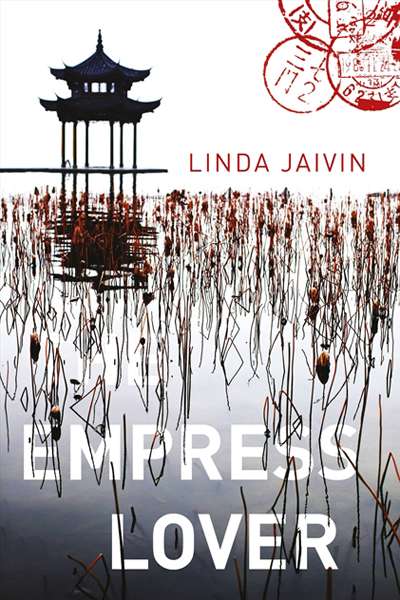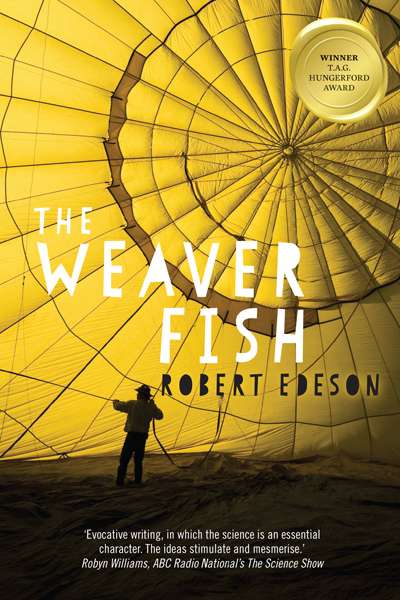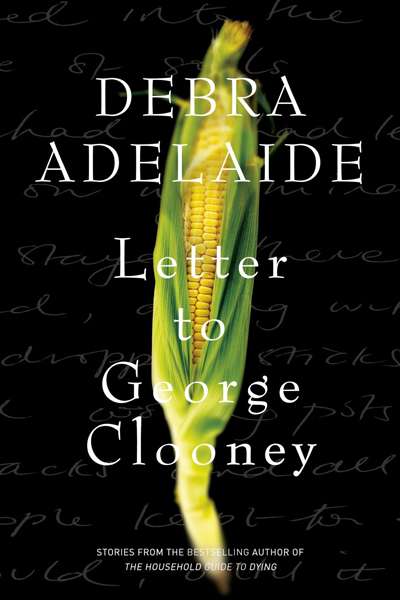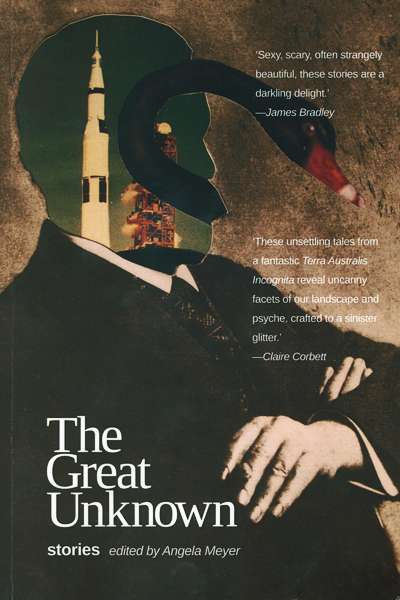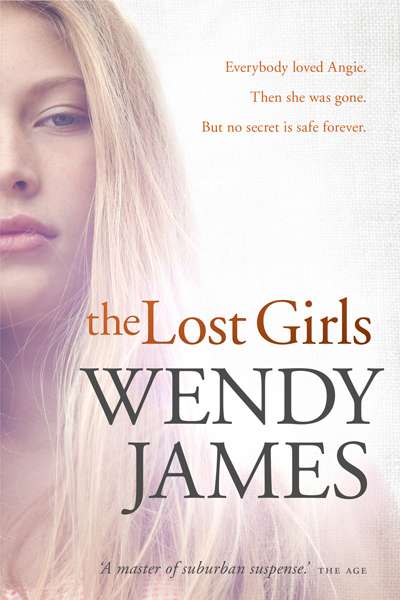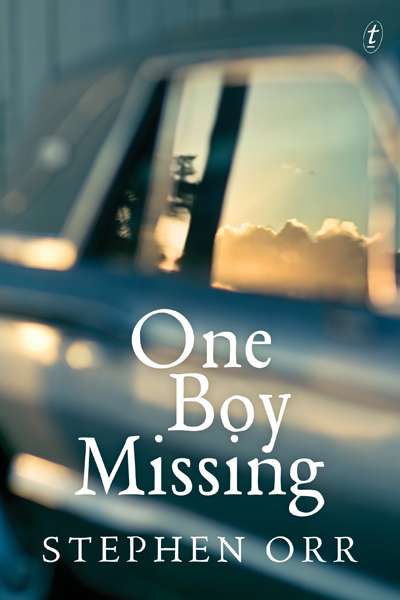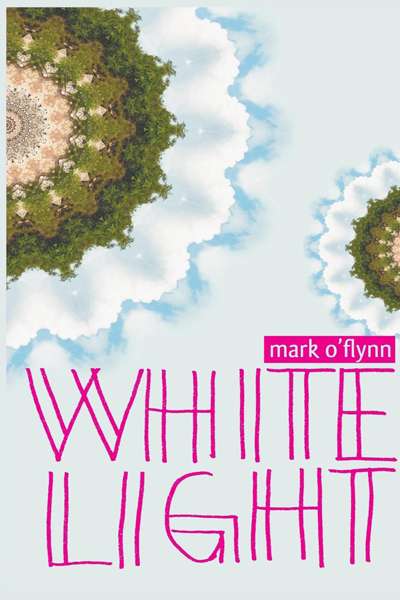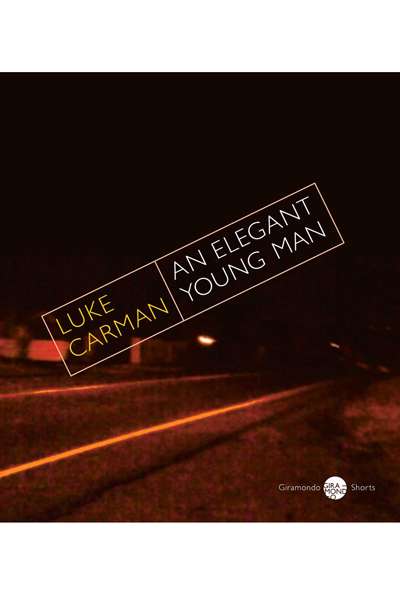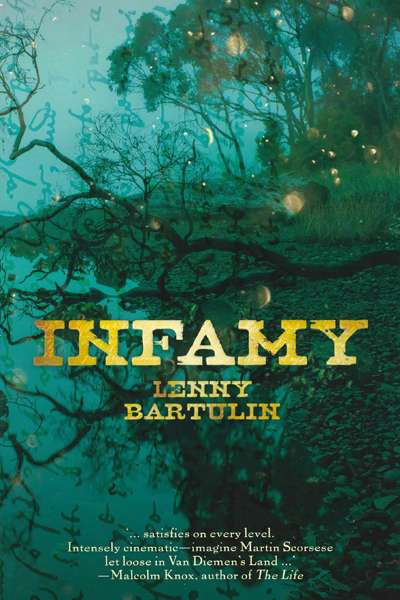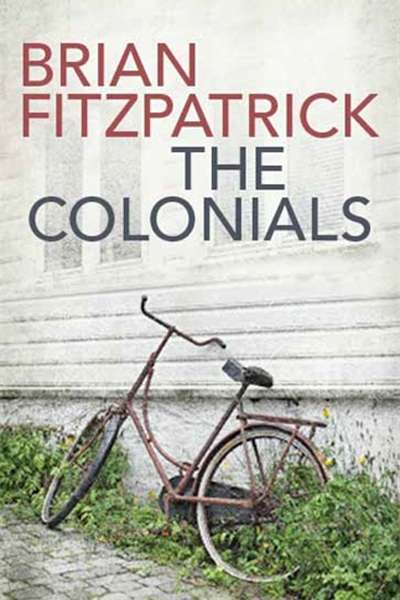Fiction
In Linda Jaivins’ new novel, the protagonist is a Jaivinesque Australian expat shivering in a Beijing butong room. Kate Holden follows the twists and turns of The Empress Lover, with certain reservations.
... (read more)Perth writer Robert Edeson has been published in the fields of neuroscience, biophysics, and mathematics, but The Weaver Fish is his début foray into fiction. He doesn’t leave that diverse scholarly background behind, though, packing the novel with dazzling science and sprawling footnotes while indulging in mischievous wordplay and fabricated nations and a ...
There are some writers whose style is so distinctive they can be identified from a single paragraph. Sydney writer Debra Adelaide is more of a chameleon. Letter to George Clooney is Adelaide’s first short story collection. She has previously written three novels and edited several anthologies. Her first novel, The Hotel Albatross (1995), is the meand ...
This collection of strange and spooky stories was perfect reading for that lazy week between Christmas and New Year, providing a dark antidote to the forced cheeriness of the season. The book was inspired partly by The Twilight Zone and similar television shows. Contributors to the anthology were invited to write about the fantastical, uncanny, absurd, or, as ...
Wendy James has been quite prolific since her first book, the historical crime novel Out of the Silence, was published in 2006; she has released a new book every couple of years. Out of the Silence received some accolades, but, excepting the broadly positive critical response to her fiction, James has flown under the radar since then. In her most recent novels, including The Mistake (2012) and Where Have You Been? (2010), James has mastered her métier: the psychological thriller in a domestic setting.
... (read more)Stephen Orr’s previous novel, Time’s Long Ruin (2010), which was short-listed for the Commonwealth Writers’ Prize and long-listed for the Miles Franklin, explored the repercussions within a quiet Adelaide community of the disappearance of three of its most vulnerable members, closely related to the disappearance and presumed murder of the Beaumont children in 1966. It was a languid and thoughtful study of character and place, important in a novel that was never going to achieve any real resolution. Especially well drawn was the relationship between Henry, the narrator, and his detective father. One Boy Missing similarly explores the relationship between sons and fathers, and also has at its centre the generative mystery of children gone missing, although this novel is deceptively clothed in the tropes of a standard police procedural.
... (read more)White Light pieces together fragments of a colourful Australian suburbia: a bat-featured baby born to secretive neighbours; a young girl tipping over a bulldozer while playing on dormant construction equipment; and gold bullion appearing outside a rundown rooming house. The characters, like the book’s kaleidoscopic cover, are splintered. O’Flynn often creates original plotlines to emphasise this.
... (read more)Late in his first collection of anecdotal short stories, Luke Carman’s narrator, also named Luke Carman, realises that the magic in a book he loves, Jack Kerouac’s On the Road, cannot be replicated in his own life. He is stuck in Australia, and ‘Australia is not the place for ecstatic truth.’ Stuck, to be precise, in Sydney’s western suburbs, depicted as an uncultured wasteland of ‘high-rises, methadone clinics and car yards’. A complicated patchwork of ethnicities blankets this terrain: ‘Fairfield is full of Latinos’, ‘Cabra’s all about Asians’, ‘Penrith is just scumbag Aussies’, etc. It is more melting pot than multiculturalism, as Carman shows the youth leading dismal lives of depressing homogeneity. On ‘bone-grey streets spare and grim’, they drift about, squawking broken, racist language at one another, the ennui lifting only when the war cry is bawled: ‘you wanna punch on?’
... (read more)Infamy comes packaged with a blurb declaring it to be an Australian western, and a testimonial from Malcolm Knox, who compares this evocation of the hellish convict colony of Van Diemen’s Land in the 1830s with the imaginative achievements of Martin Scorsese. Neither claim is quite right. Bartulin’s narrative style does have affinities with a certain sort of action movie: the reader is wrenched from short take to short take, with one clutch of characters momentarily left in peril while the plight of others is unveiled. This builds suspense and mostly works, but the relentless violence is more reminiscent of Peckinpah than Scorsese. And, although that does put Infamy in the realm of the western, the tale keeps drifting towards the mood and conventions of an earlier Hollywood genre, the swashbuckling adventure movies of the 1930s. This is The Wild Bunch meets Captain Blood.
... (read more)Brian Fitzpatrick – a notable historian, intellectual, and civil libertarian – was a prominent Melbourne figure in the middle of the twentieth century. He died in 1965 and survives partly as the central figure in Sheila Fitzpatrick’s poignant memoir My Father’s Daughter (2010), an affectionate and yet painfully honest book. It describes Fitzpatrick’s difficult marriage, his awkwardness in relationships, the frustrations of his career, and, above all, his drinking. Around the time his daughter was born, Fitzpatrick published two books that made a significant mark on Australian historiography: British Imperialism and Australia, 1783–1833 (1939) and its sequel The British Empire in Australia: An Economic History 1834–1939 (1941). Sheila Fitzpatrick credits these works with an important role in prompting Manning Clark to repudiate an economic view of Australian history in favour of his grand narrative of competing philosophies.
... (read more)

